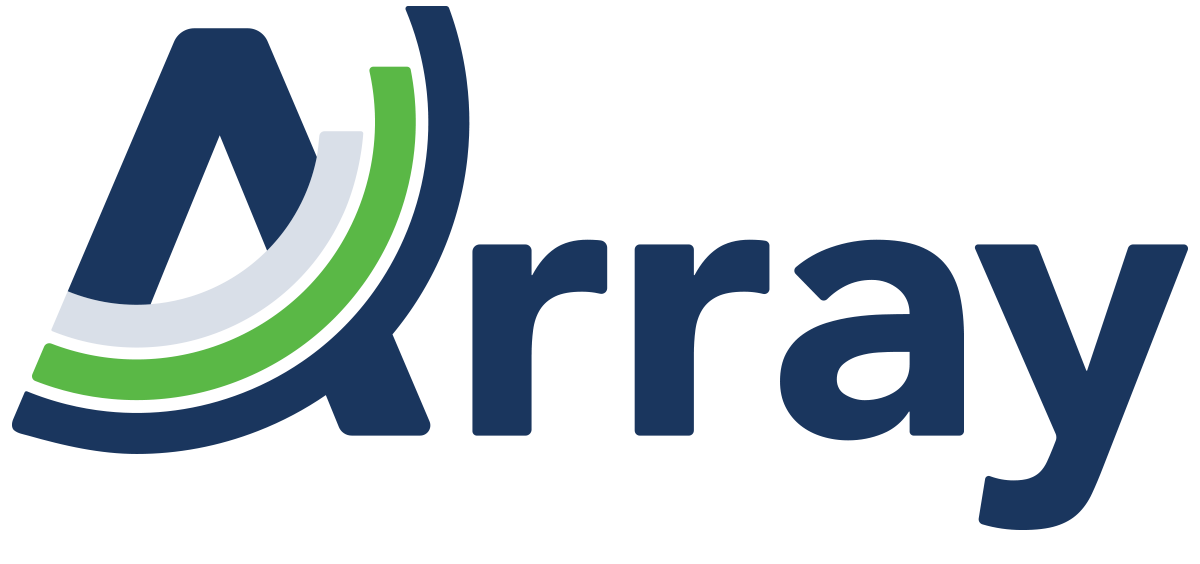Every week, the Array team reviews the latest news and analysis about the evolving field of eDiscovery to bring you the topics and trends you need to know. This week’s post covers the week of April 29-May 5. Here’s what’s happening.
In an article on JD Supra, Vinson & Elkins’ Stephen Medlock, Sarah Smati, and Jennifer Williams address two concerns regarding email threading and how to resolve them.
While email threading can significantly reduce the amount of emails that need to be reviewed prior to production, it can also inadvertently exclude relevant metadata. The authors cite In re Actos Antitrust Litigation, where defendant Takeda made initial rolling productions using email threading even though the discovery protocol terms did not permit such an approach. The court wrote that Takeda’s exclusion of lesser included emails from production resulted in the exclusion of the metadata associated with earlier emails in a chain, reducing plaintiffs’ ability to search for all correspondence within a date range. Takeda’s email threading also prevented plaintiffs from seeing if anyone was blind-copied on lesser included emails, even though that information was among the metadata the parties agreed in the discovery protocol to produce.
The second issue raised by the authors regarding email threading is whether privilege logs should separately itemize emails within an email chain or treat the chain as a whole. They cite the Sedona Conference, which acknowledges there is no consensus on one approach or the other: “Courts reaching decisions consistent with the Rhoads Industries v. Building Materials Corp. of America cases require logging of each individual email in a chain as a separate document being withheld. On the other side of the question, courts reaching the decision consistent with Muro v. Target allow multiple emails in the same chain to be logged as a single entry, provided that all the parts of the communication in the email chain were properly privileged, or nonprivileged portions were otherwise produced.”
To address these two issues, the authors suggest negotiating and establishing an ESI protocol before production begins. As the court wrote in its In re Actos decision, “If the issue of email threading had been raised at the time the parties were negotiating the Discovery Protocol, Plaintiffs may have been able to ameliorate the foregoing issues by including, for example, a protocol provision requiring the exchange of certain metadata for any excluded, lesser-included emails. However, Plaintiffs were not provided the opportunity to negotiate how email threading might be accomplished in an acceptable manner.” In this case, the court didn’t impose email threading on plaintiffs but did order Takeda to produce all responsive ESI to plaintiffs, including earlier-in-time emails.
The Sedona Conference also advises all parties to discuss email threading and its implications on the information that will be reflected in the privilege log “early in the case, and in any event, before privilege logs are created and produced.”
In addition, partnering with an eDiscovery services provider that has experience with email threading workflows and technology is critical to success in this situation. The technical partner should be able to provide options and consequences to using workflows that include email thread suppression. Even if an ESI protocol requires the production of lesser-included threads, there are still efficiencies that can be gained in the review through smart batching and propagation approaches. Additionally, there are technologies that are capable of extracting participants or entities from lesser-included emails in a chain that would potentially satisfy disclosure requirements for privilege logs without further adding to the eyes-on review burden.
Other recent eDiscovery news and headlines:
- The FTC’s New Noncompete Rule Does Not Solve the Real Challenge Ediscovery Business Development Professionals Have When Changing Employers (Legaltech News)
- Best Wayback Machine Alternatives in 2024 (Geekflare)
- 4 Things You Never Wanted to Hear + 8 Lessons & a Dispute Over Revealing Recipients of Litigation Hold Notices, All in One Case (EDRM Blog)
Julia Helmer; Director, Client Solutions
With a decade of expertise, Julia excels at optimizing enterprise eDiscovery workflows from start to finish. With a deep understanding of how to seamlessly integrate workflows across various eDiscovery platforms, Julia creates tailored solutions for data identification, legal holds, ESI collections, and productions. By harnessing the power of Technology Assisted Review and Analytics, she delivers efficient, cost-effective results that align with best practices and budgetary constraints. Julia’s exceptional communication and customer service skills have fostered strong, lasting relationships with both clients and Project Management teams, enabling her to effectively problem-solve and drive success across numerous projects.

